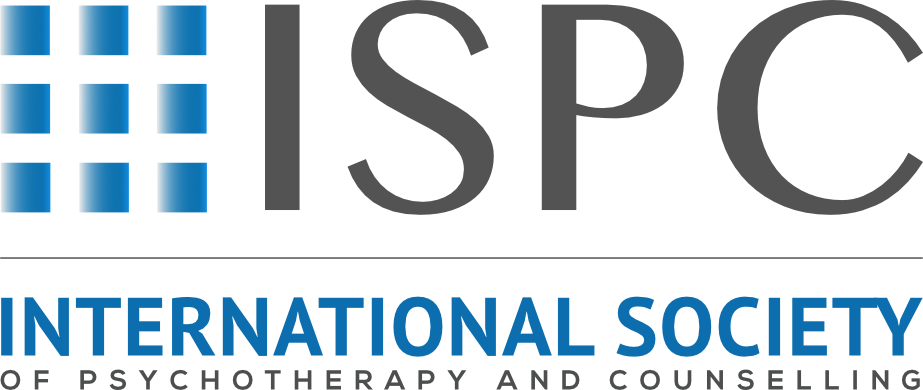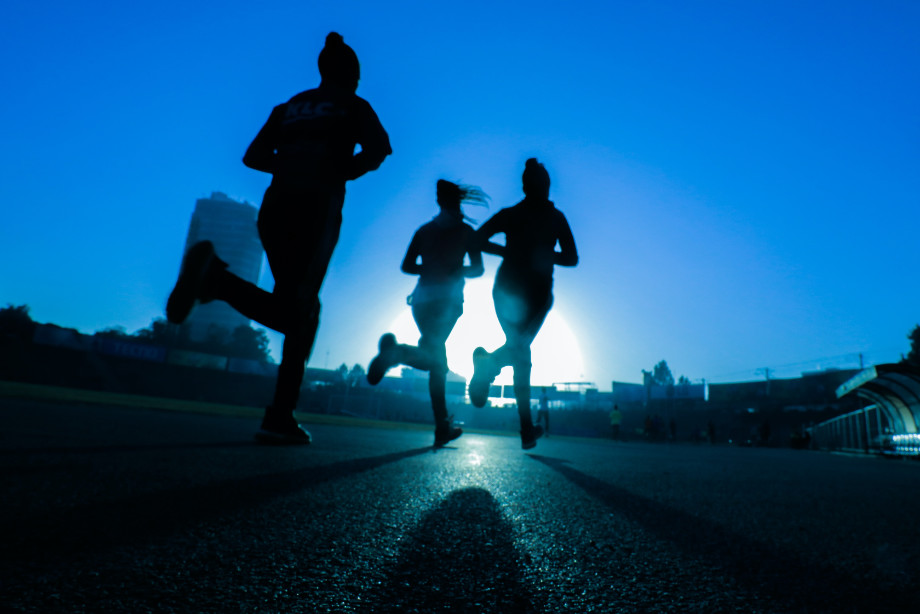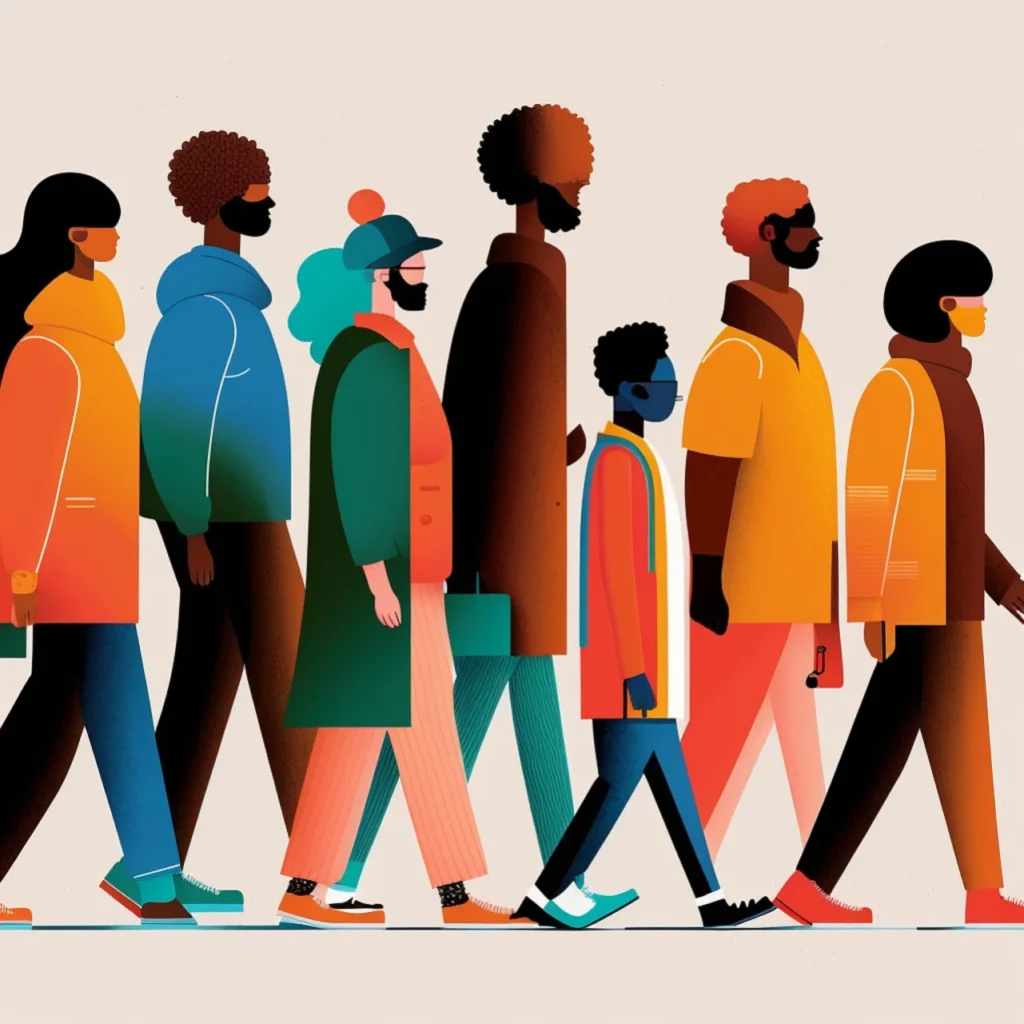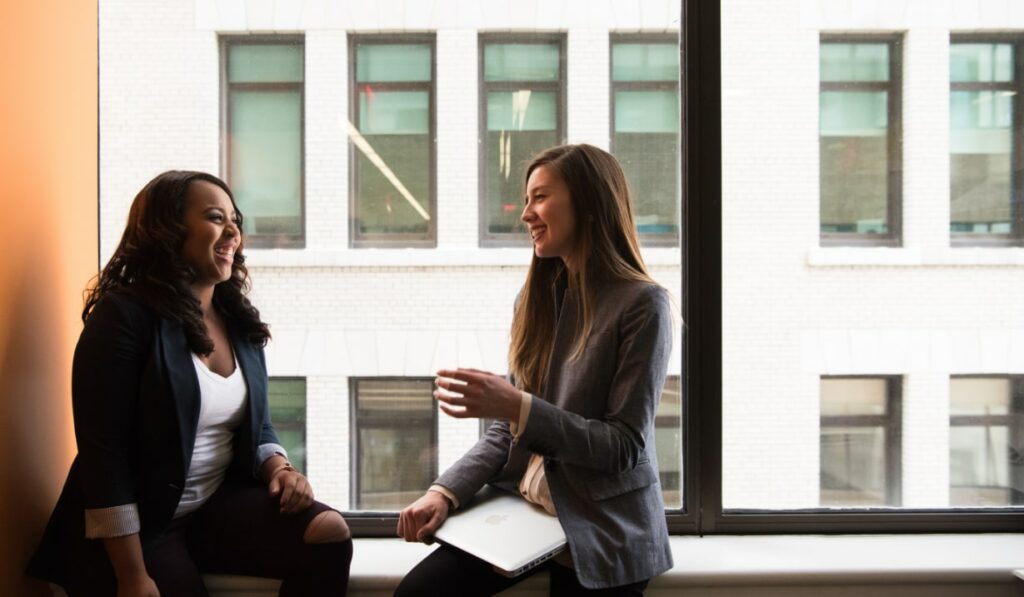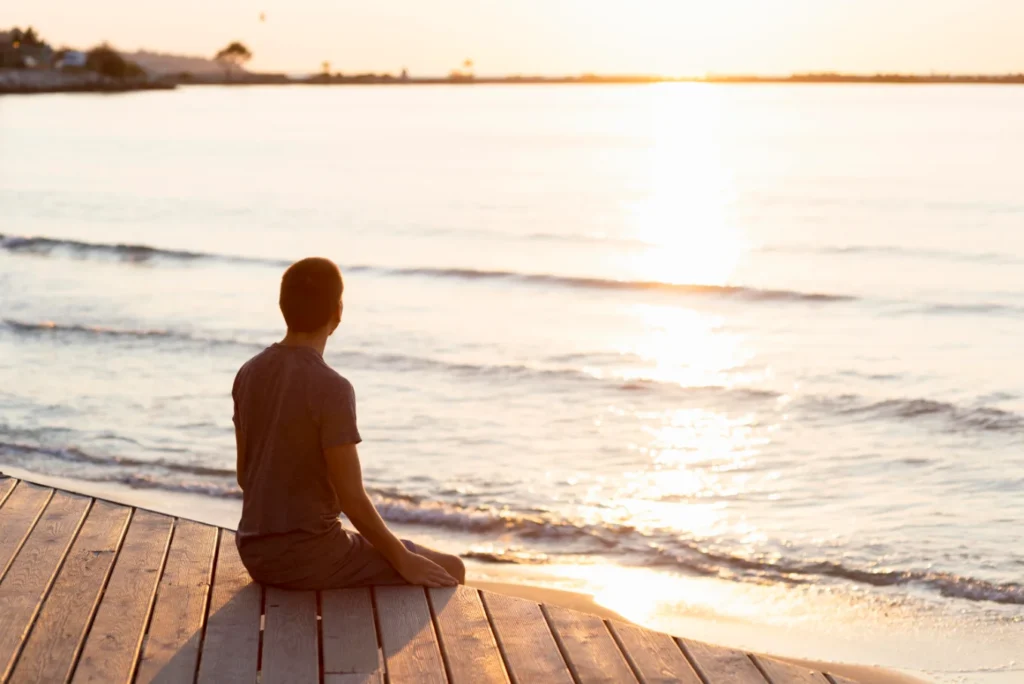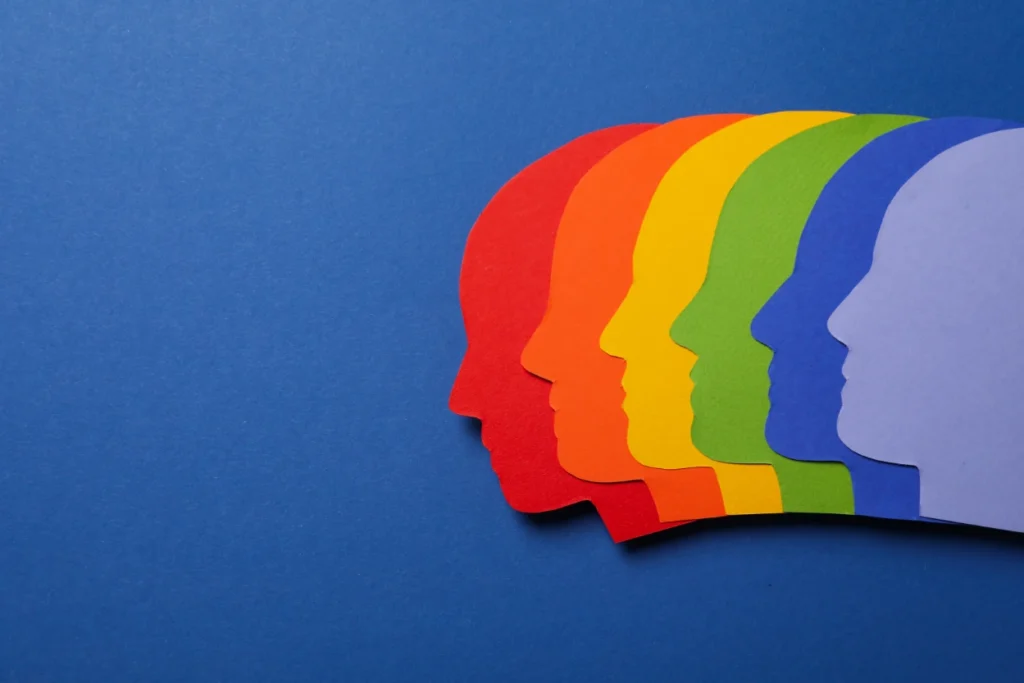Exercise…
What does that word mean to you? Health? Fitness? Sport? Well for me, and sadly many others too, it means fear, exhaustion, and addiction.
Exercise “addiction” is something that is used in jest by some, we see posts, articles and blogs on how people have “found fitness” and apparently changed their lives for the better by becoming “addicted” to exercise. We have a constant barrage from society that we HAVE to exercise, that more is always better, and that the only way to be healthy and happy is to be active.
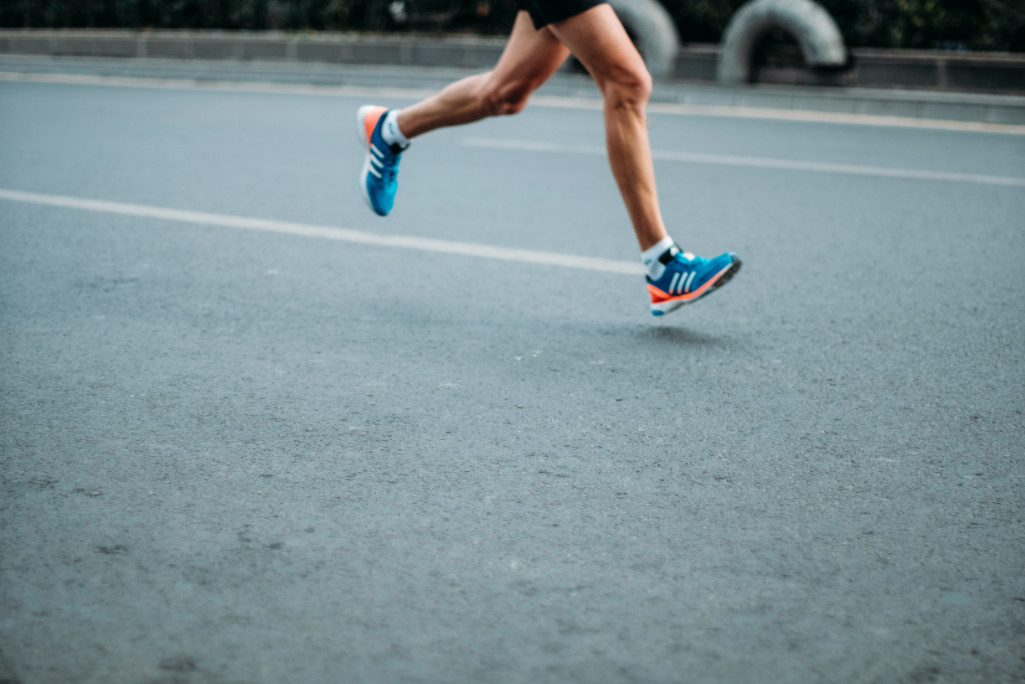
As someone who used to play semi-professional football whilst also playing cricket, running, and doing just about any other sport or activity possible, I will admit that I bought into the hype. I once believed that more was always better, you can’t have too much of a good thing, right? Right?
Wrong.
Exercise Addiction…
It turns out I was addicted back then, and I still am now. Exercise for me is like my drug, I hate it, I loathe it with all my being, but the only way to quell my anxiety, the only way to help me manage through the day is to exercise. But what makes exercise addiction so much harder is the stealth of it. It is a Socially Acceptable illness. Instead of worry, you get compliments, people saying “I wish I had your commitment”. No, no you don’t. You really don’t.
I want to be really clear here, that exercise addiction is not the same as being active regularly. It is not the same as wanting to be active. It is HAVING to be active. It’s feeling extreme guilt for not being, it’s feeling compulsions to exercise, no matter what impact it has on the rest of your life. It is exercising to exhaustion and then exercising some more, cancelling social plans, waking up at stupid hour in the morning and exercising through injury or illness.
For me, it is not even about wanting to look a certain way (this is a common misconception). It is just me feeling I HAVE to do it. It is something I am now trying to fight against. To do this often feels impossible, you have to go against absolutely everything society tries to ingrain into us, to be LESS active, but to make sure you don’t compensate by reducing your nutrition. It is incredibly hard to do, but I want to say this. It is possible.
I have had times where I’ve stopped completely, but the truth is that I do enjoy being active, I enjoy moving my body when it feels good, and I want to try and find that balance where I can manage things.
Exercise is not the miracle cure…it is part of…
Because exercise should never be for punishment, it should never be to compensate for what we eat. It should be for enjoyment, to honour our bodies and minds, and it can feel so freeing as well. Exercise can be amazing to help manage our wellbeing, being active and finding something we enjoy can be an amazon path into socialising, making new friends and broadening our horizons, but I would always say one thing: exercise should not be touted as a miracle cure for anything, it can be part of a suite of interventions and advice to someone who is struggling. But, it might not be something that is possible for everyone. Disabled people may not be able to be active, those with a history of eating disorders may not be safe to increase their activity levels. Messages of activity being helpful for our mental (and physical) health should always be met with nuance; because if we forget that nuance then we risk harming the very people we are trying to help.
Right now I hate exercise, but there was a time when I loved it. I want to find that love again, that joy of being alive. The truth is that being active can be really good for our wellbeing, I want to help people find that healthy balance, that enjoyment and that love for their bodies and minds. Because we all deserve to have that, and if you feel you have issues with exercise, food, or body image, please do seek support, there are charities and support groups out there who can help. You deserve to be happy, you deserve to be free.
By Adam Fare.
